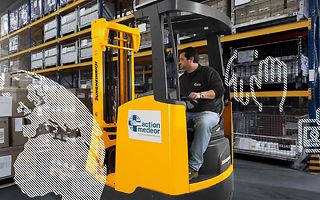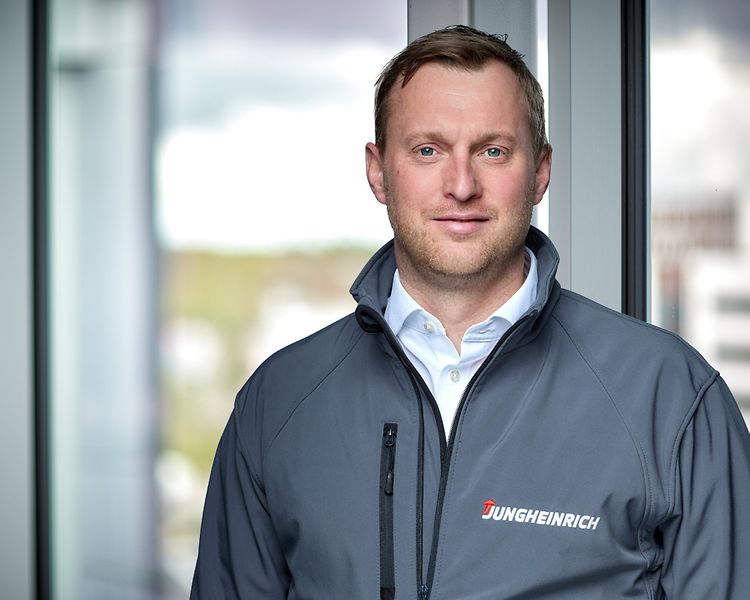Commitment to the world's most important sustainability initiative
Jungheinrich is the "sustainability enabler" in intralogistics
"We want a sustainable economy for a better world"
Jungheinrich joins the United Nations Global Compact initiative. This means that the leading intralogistics solution provider from Hamburg is part of the largest network in the global drive for a fair and sustainable economy.
Jungheinrich has announced that it has joined the United Nations Global Compact Initiative. This step is another important milestone in Jungheinrich's sustainable orientation and underscores the company's commitment to responsible business practices.
The United Nations Global Compact Initiative is the world's largest and most significant initiative for responsible corporate governance. It is based on ten universal principles in the fields of human rights, labour standards, environmental protection and anti-corruption. By joining the initiative, Jungheinrich commits to integrating these principles into all aspects of its business operations and to demonstrating this to the United Nations in the form of an annual progress report. "We want a sustainable economy for a better world," explains Dr. Lars Brzoska, Chairman of the Board of Management of Jungheinrich AG. "By joining the United Nations Global Compact initiative, we are underscoring Jungheinrich's commitment to responsible and sustainable action."
Jungheinrich is already committed to the Sustainable Development Goals as part of its sustainability strategy and focuses in particular on the goals of climate protection, sustainable production and innovative industry. As a 'sustainability enabler,' the company contributes to the sustainable transformation of intralogistics with its energy-efficient products and helps its customers achieve their climate targets. Jungheinrich discontinued all production of IC engine-powered forklifts in March of this year and has been exclusively producing electrically powered material handling equipment ever since.
Jungheinrich already systematically evaluates its suppliers with respect to human rights, the environment and compliance. Currently, over 700 suppliers are regularly surveyed, covering 75 percent of the global purchasing volume. The goal is for at least 80 percent of this purchasing volume to be classified as Sustainable Spend by 2025. As a matter of principle, all existing and new suppliers are risk-categorized according to ecological, economic and social criteria.





